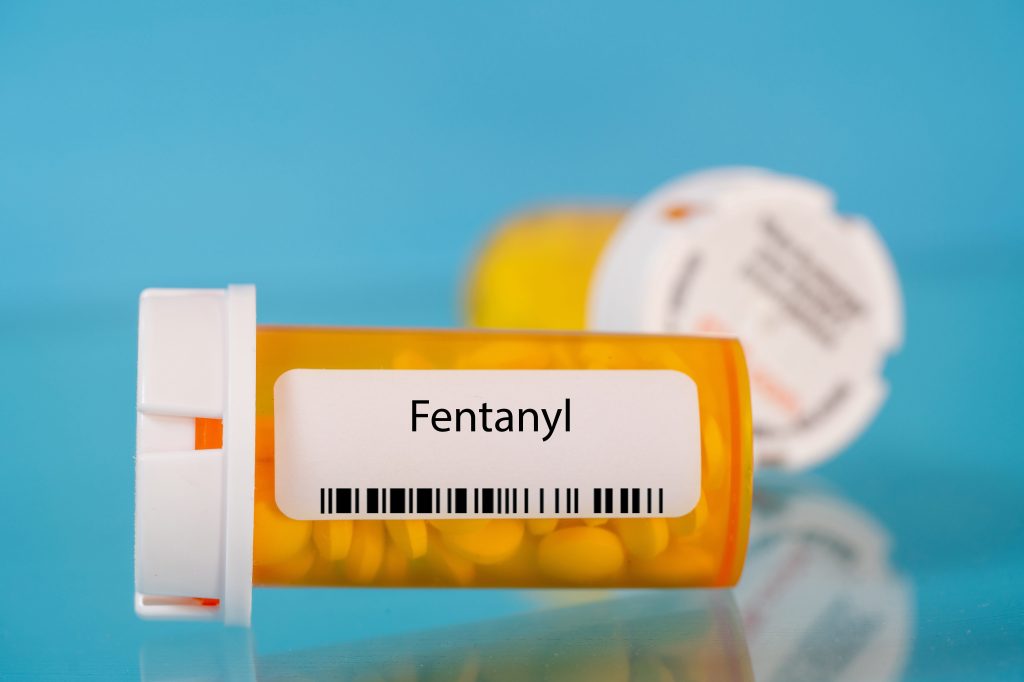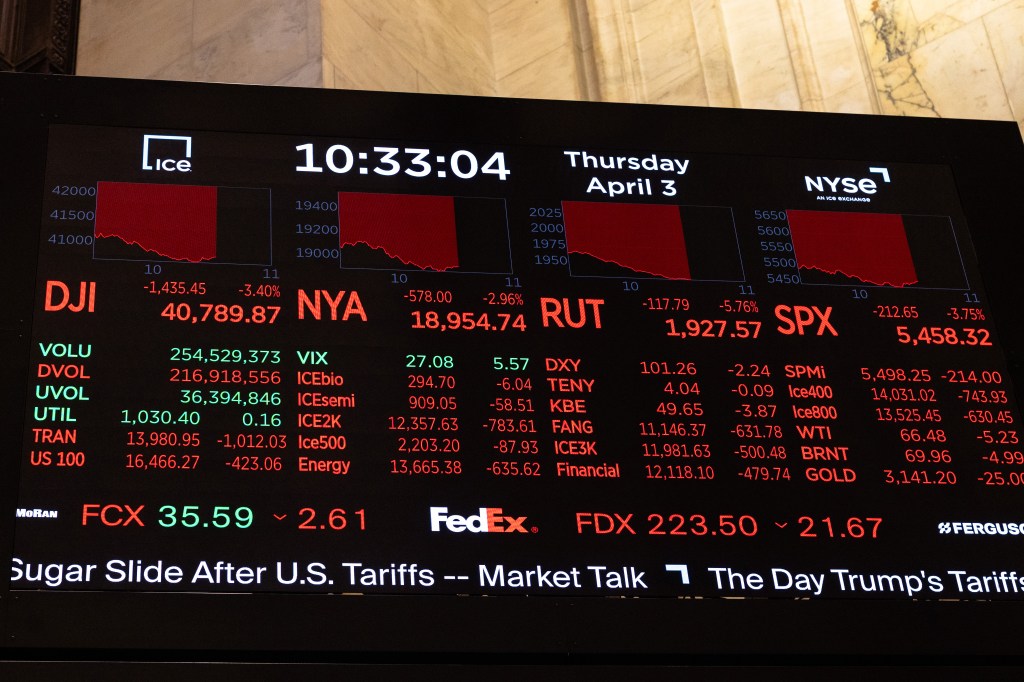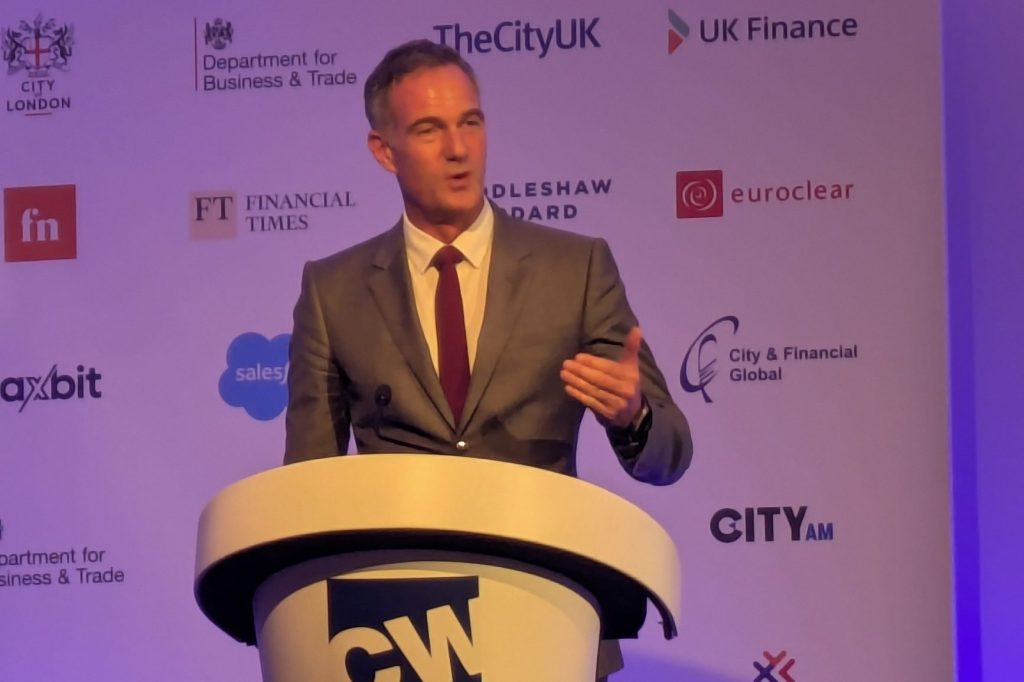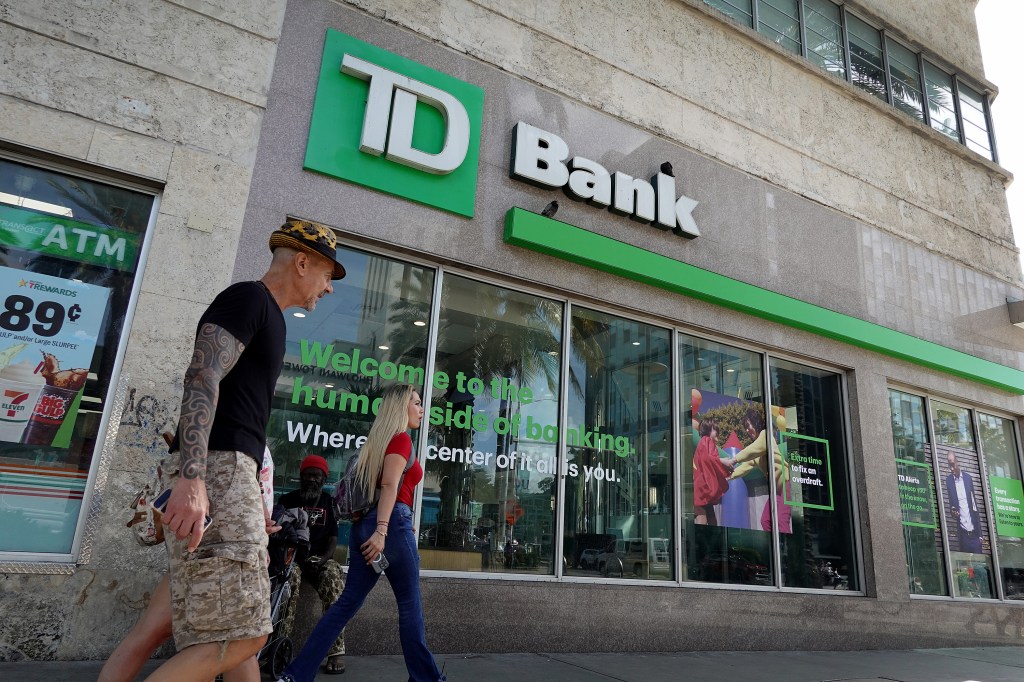A US Department of Justice (DOJ) investigation into the internal controls of Toronto-Dominion Bank (TD Bank) focuses on how Chinese crime groups and drug traffickers used the Canadian bank to launder money from sales of the drug fentanyl in the US.
The link to fentanyl sales is new, while the lender’s anti-money-laundering practices have been under scrutiny for years.
FINTRAC’s biggest fine
Last Thursday, Canada’s anti-money-laundering agency, the Financial Transactions and Reports Analysis Centre of Canada (FINTRAC), said it had imposed its biggest-ever penalty of nearly C$9.2m ($6.71m) on TD Bank over its non-compliance with anti-money laundering (AML) regulations.
FINTRAC said the penalty had been paid in full and proceedings have ended, but it noted its findings of AML and terrorist financing violations in the order. The violations were as follows:
- Failure to submit suspicious transaction reports where there were reasonable grounds to suspect that transactions were related to a money laundering or terrorist activity financing offense.
- Failure to assess and document money-laundering/terrorist activity financing risks.
- Failure to take the prescribed special measures for high risk.
- Failure to conduct ongoing monitoring of business relationships.
- Failure to keep record of the measures taken and information obtained when conducting ongoing monitoring of business relationships.
The DOJ’s case
According to the WSJ’s analysis of court documents, and discussions with people familiar with the matter, the latest investigation in the US was launched over two years ago. This was after agents uncovered an operation in New York and New Jersey that laundered hundreds of millions of dollars in proceeds from illicit narcotics through TD and other banks.
Prosecutors allege the criminals bribed TD employees to facilitate the laundering of drug money.
While TD disclosed a Justice Department probe into its anti-money-laundering practices last year, the focus on money laundering related to illegal drug sales hasn’t been previously reported.
Last week, the bank said that in addition to the DOJ probe, it is the subject of three other anti-money-laundering investigations in the United States.
TD set aside $450m to resolve one of those inquiries and said it expects additional penalties.
TD Bank’s remedial efforts
Bharat Masrani, Group President and Chief Executive Officer at TD Bank Group said in a press release and SEC filing that a comprehensive overhaul of TD’s US and global AML program was well underway.
TD has already invested over $500m in program remediation and platform enhancements, he said.
Masrani said the Bank has:
- hired recognized AML executives with proven leadership from across the private and public sectors;
- onboarded hundreds of new AML professionals, with deep expertise in program design, oversight, and execution;
- deployed new enterprise-wide training and onboarding programs to improve program performance and consistency;
- made significant investments in new technology, processes, and controls to enhance oversight across the enterprise, which have resulted in heightened account monitoring and mandatory reviews, accelerated escalations and new activity prohibitions.
“I regret that there were serious instances where the Bank’s AML program fell short and did not effectively monitor, detect, report or respond. This is unacceptable and not in line with our values. As we have previously said, these matters are not in any way related to TD’s good faith dealings with our customers,” Masrani said.
“Our efforts have resulted in tangible improvements, with more work ahead. We continue to cooperate closely with our regulators to accelerate our progress and meet our obligations,” he added.
Issues stall TD growth plans
“With the bank allegedly a focal institution in a drug-money-laundering scheme, the worst-case scenario has become more likely with TD potentially entering a lost decade,” Jefferies analyst John Aiken said in note to clients last Monday. “Growth in the US will likely be constrained and the timeline for a fix is extended by several years.”
The bank announced an initial $450m provision for regulatory penalties last week and said there’s more to come. The “simple math” implies Canada’s second-largest bank will have to pay $2 billion, Aiken said.
Early last year, the bank was on the cusp of extending its reach into the US with a $13.4 billion deal to buy Tennessee’s First Horizon, but regulators’ concerns over how TD tracked and flagged suspicious customer transactions helped scuttle the deal.
Banks as key AML monitors
Banks, credit unions, insurance companies, casinos, money services businesses, and several other financial institutions are obligated to keep certain records, identify clients, maintain an effective compliance regime and promptly report certain financial transactions to authorities when they detect red flags of violative behavior.
In the US, these monitoring, reporting, training and compliance obligations fall under the Bank Secrecy Act and help the US government detect and prevent money-laundering.
The AML Act of 2020 states that financial institutions should have a risk-based AML program that suits the risk profile of their business operations and keeps pace with advancements in technology, such as apps, payment platforms, and other internet-based transactions.
And the Office of the Comptroller of the Currency’s Fiscal Year 2024 Bank Supervision Operating Plan states that: “Examiners should evaluate banks’ BSA/AML programs to assess whether banks’ operations and systems are reasonably designed and implemented to mitigate and manage money laundering and terrorist financing risks from business activities, including products and services offered and customers and geographies served.

















